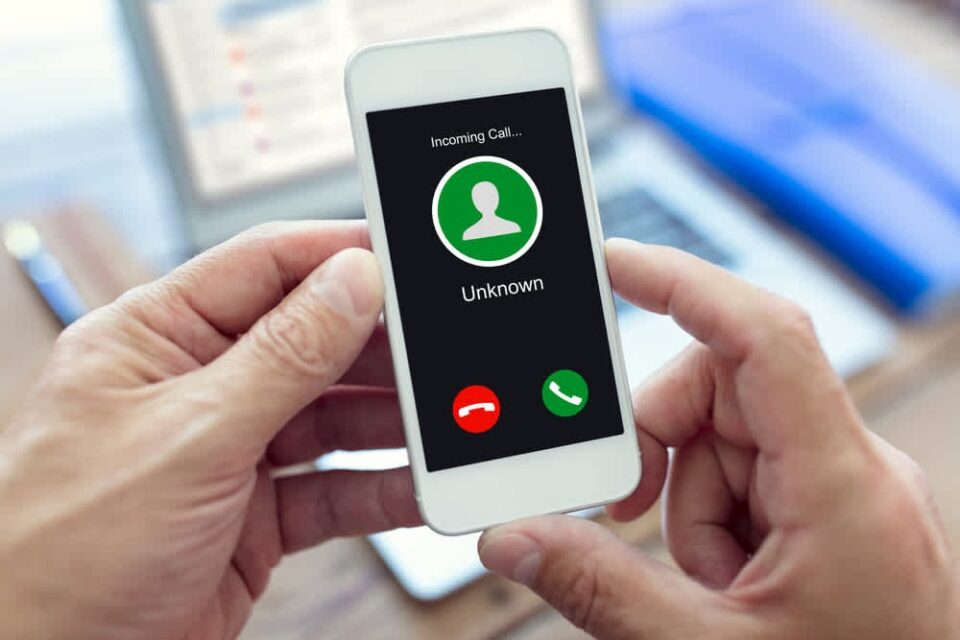In a vishing attack, also known as voice phishing, con artists use phone services to deceive victims into disclosing sensitive information such as financial account numbers or personal information. These con games use a combination of psychological manipulation and social engineering to target gullible people with phone calls that appear genuine. You and your possessions can be protected from this dishonest behavior by being aware of what is vishing and how to spot the warning signals.
Here is how to determine if a call on your mobile is a vishing attack.
Urgency in the caller’s tone
Creating a false feeling of urgency is a typical strategy used in vishing calls. The caller may state that there is an urgent payment necessary to avoid penalties or that your account has been hacked. This rush is meant to scare you into taking rapid action without checking if the call is genuine. On the phone, reputable firms almost seldom put pressure on you to make decisions right away.
Request for sensitive information
If the caller asks for private information, including Social Security numbers, bank account numbers, or passwords, proceed with caution. Such information is never requested in an unwanted contact by reputable businesses. A request for personal information is a good sign that someone is trying to trick you with scams.
Caller ID discrepancies
Even though caller IDs can be faked, disparities in the name or phone number that is shown could be a sign of scams. Treat a call that seems strange or that purports to be from a respectable firm but does not match their official contact information as suspicious. Always get confirmation by calling the company at the number shown on their website.
Offers that seem too good to be true
Unbelievable promises, such as a sizable inheritance, an unexpected reward, or unique investment possibilities, are frequently used by scammers to entice victims. Over the phone, if an offer sounds too good to be true, it usually is. Always treat these calls with suspicion.
Lack of official email follow-up
Important phone calls are frequently followed up on by a genuine organization with an email or letter that includes specifics of the discussion. The caller may be engaging in a possible vishing scam if they insist on conducting business over the phone solely and refuse to provide any written confirmation.
To conclude
You may defend yourself from being a victim of phishing attempts by being aware of these warning indicators and exercising caution. Remember, it is always preferable to be careful than to take the chance of jeopardizing your financial and personal security. Always take the time to confirm the legitimacy of any strange calls.

